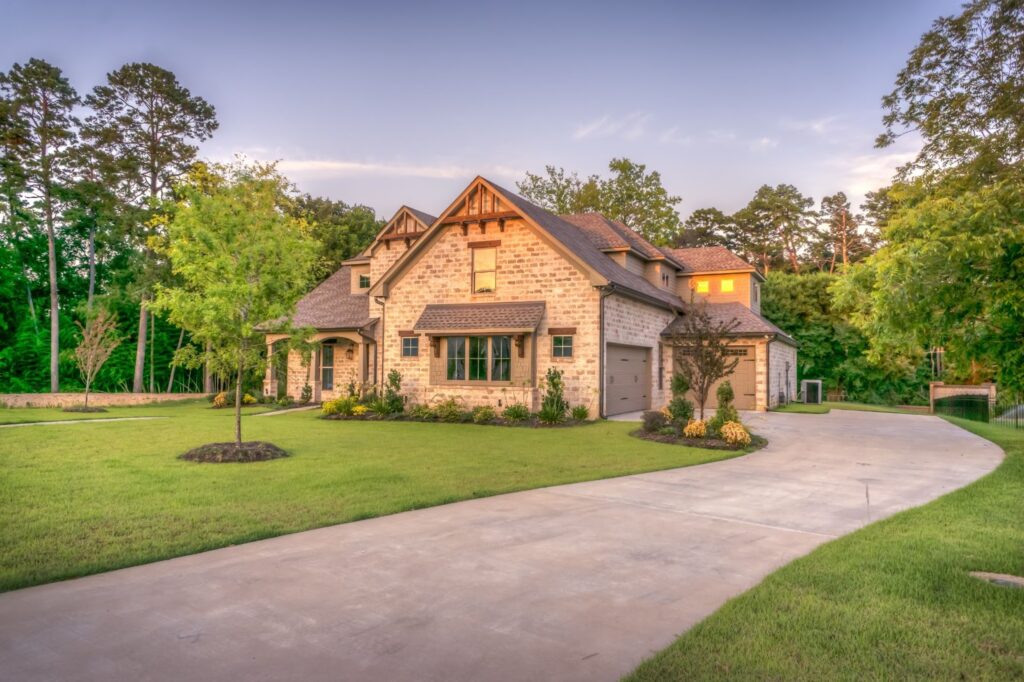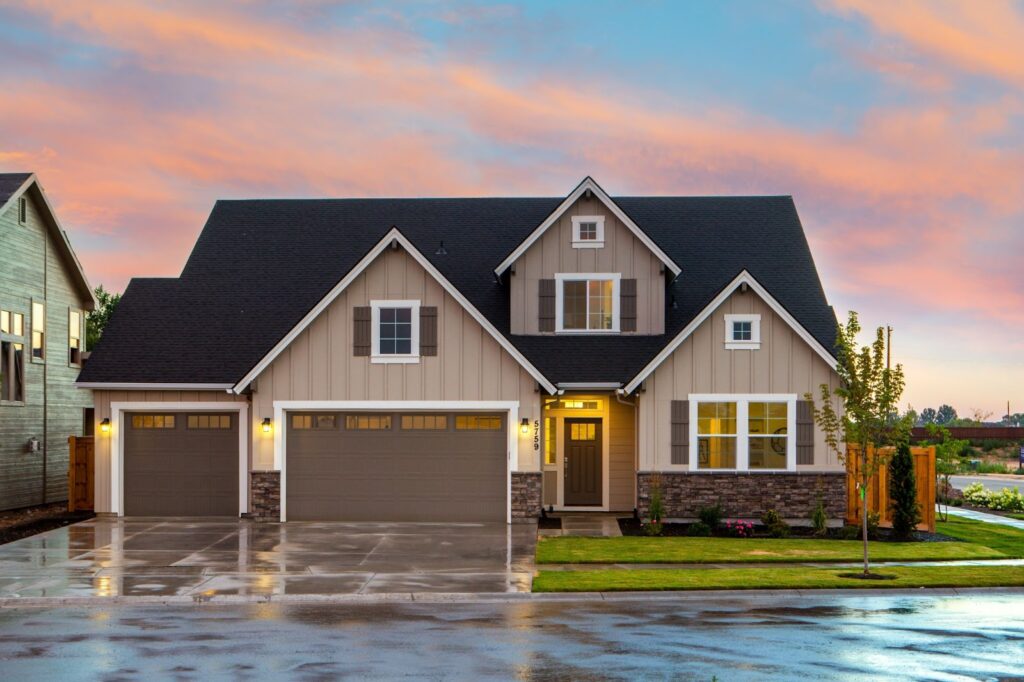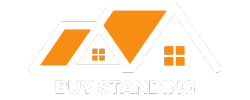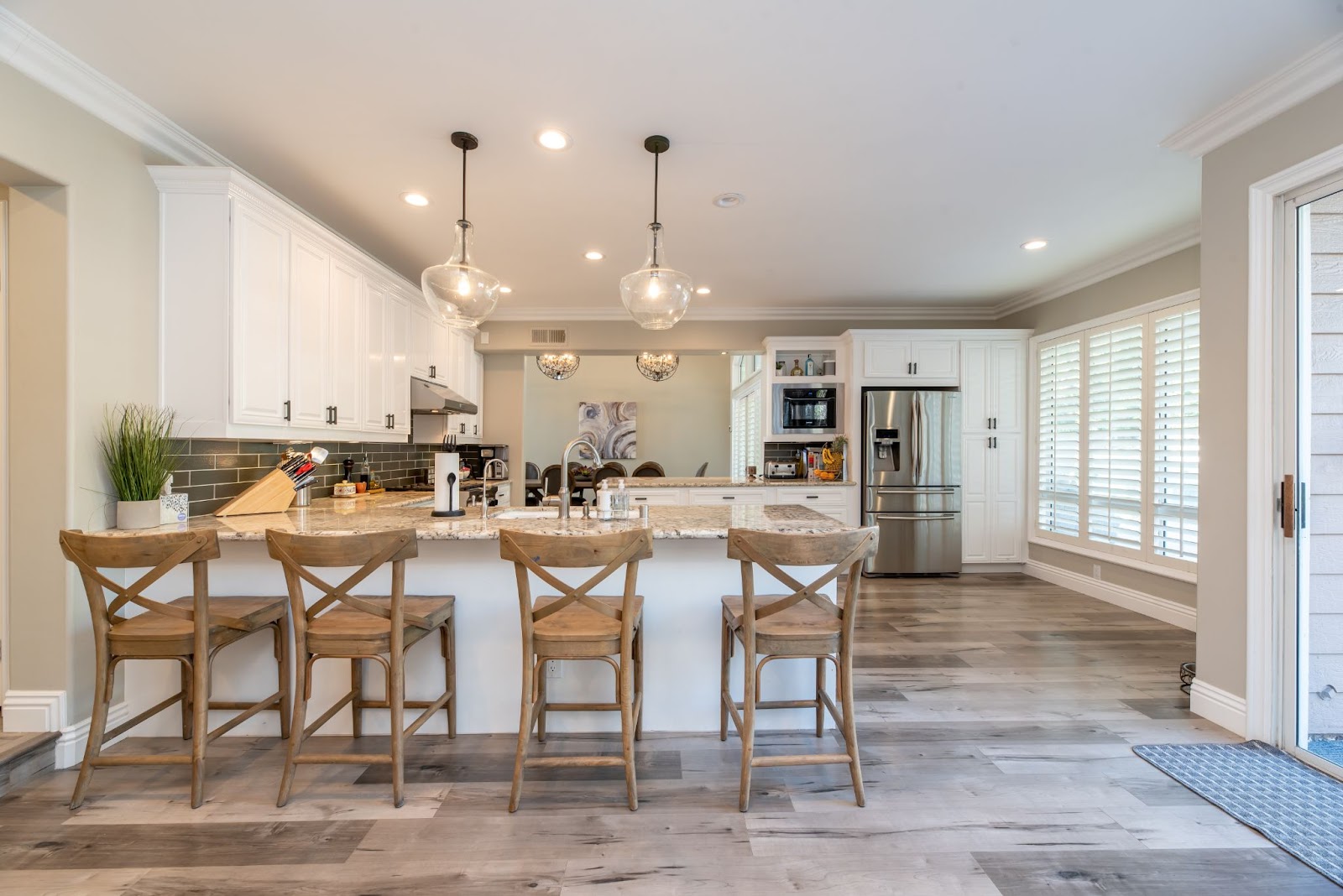Buying a home is an exciting milestone, but it also comes with its fair share of costs to consider. As I delve into the world of homeownership, I’ve come to realize that there are several expenses involved beyond just the purchase price. From down payments and closing costs to ongoing maintenance and insurance fees, it’s crucial to have a clear understanding of the financial implications before taking the plunge.
One significant cost when buying a home is the down payment. This upfront payment, typically a percentage of the total purchase price, can vary depending on factors such as your credit score and loan type. It’s important to save up for this expense in advance, as it can significantly impact your ability to secure financing and determine how much you’ll need to borrow.
Additionally, there are closing costs associated with finalizing the purchase transaction. These include fees for appraisals, inspections, title searches, and legal services. They can add up quickly and should be factored into your budget considerations when determining how much house you can afford.
Beyond these initial expenses, ongoing costs like property taxes and homeowners’ insurance must be taken into account. Property taxes are typically based on the assessed value of your home and can vary depending on where you live. Homeowners’ insurance helps protect your investment against unforeseen events like natural disasters or accidents.
As you embark on your journey towards homeownership, understanding these various costs will help ensure that you’re financially prepared for all aspects of owning a home. By carefully considering these expenses before making any decisions, you’ll be better equipped to navigate the process confidently while enjoying all the benefits that come with having a place to call your own.
Understanding the Initial Costs
When it comes to buying a home, there are several initial costs that you need to consider. These costs can vary depending on factors such as the location, size, and condition of the property. To help you make an informed decision, I’ll break down these initial costs for you.
- Down Payment: One of the biggest initial costs is the down payment. This is a percentage of the purchase price that you pay upfront. The amount typically ranges from 3% to 20% of the total cost of the home. The higher your down payment, the lower your monthly mortgage payments will be.
- Closing Costs: In addition to the down payment, there are various closing costs associated with buying a home. These include fees for appraisals, inspections, title searches, and legal documentation. On average, closing costs can range from 2% to 5% of the purchase price.
- Home Inspection: It’s highly recommended to get a professional home inspection before finalizing your purchase. While this isn’t technically an upfront cost, it’s essential for identifying any potential issues or repairs needed in the property. Depending on factors such as size and location, a home inspection can cost anywhere from $300 to $500.
- Property Taxes: As a homeowner, you’ll be responsible for paying property taxes on an annual basis. The exact amount will depend on local tax rates and assessment values but can range from 0.5% to 2% of your property’s value.
- Homeowners Insurance: Protecting your investment is crucial, so homeowners insurance is another important consideration when buying a home. The cost will depend on factors like location and coverage options but typically ranges from $800 to $1,500 per year.
- Moving Expenses: Don’t forget about expenses related to moving into your new home! Whether you hire professional movers or handle it yourself, there will be costs associated with packing materials, transportation, and potentially storage if needed.
- Miscellaneous Costs: Lastly, there may be other miscellaneous costs to consider, such as utility setup fees or initial renovations or furnishings for your new home.
Understanding these initial costs is crucial when planning to buy a home. Be sure to factor them into your budget so that you can make an informed decision and avoid any financial surprises along the way.
Factors That Affect Home Buying Costs
When it comes to buying a home, there are various factors that can significantly impact the overall costs involved. Understanding these factors is crucial for prospective buyers to make informed decisions and budget accordingly. Let’s delve into some key elements that can influence home buying costs:
- Location: The location of a property plays a vital role in determining its price. Properties situated in desirable neighborhoods or close to amenities like schools, parks, and shopping centers tend to have higher price tags. Additionally, properties in areas with strong job markets and low crime rates often command higher prices.
- Property Size and Features: The size of the property and its features also affect the cost of buying a home. Larger homes generally come with heftier price tags due to increased square footage and additional rooms. Furthermore, properties boasting attractive features like updated kitchens, modern appliances, swimming pools, or scenic views may carry premium prices.
- Housing Market Conditions: The state of the housing market can greatly impact home prices. In a seller’s market where demand exceeds supply, prices tend to rise as competition among buyers intensifies. Conversely, in a buyer’s market where supply surpasses demand, sellers may be more willing to negotiate on prices or offer incentives.
- Interest Rates: Mortgage interest rates directly impact the affordability of purchasing a home. Higher interest rates mean larger monthly mortgage payments and vice versa. It’s important for buyers to monitor interest rate trends and consider seeking pre-approval from lenders before house hunting.
- Additional Costs: Beyond the purchase price itself, there are several other expenses associated with buying a home that should be factored into the budgeting process:
- Closing Costs: These include fees such as appraisal fees, title insurance fees, attorney fees, and loan origination charges.
- Home Inspection Fees: Hiring a professional inspector is essential to identify any potential issues or repairs needed before finalizing the purchase. The cost of a home inspection can vary depending on the size and condition of the property.
- Property Taxes and Insurance: Buyers should account for ongoing expenses like property taxes and homeowner’s insurance, which can significantly impact monthly housing costs.
Understanding these factors that influence home buying costs empowers prospective buyers to make informed decisions and avoid unexpected financial burdens. By carefully considering location, property size, market conditions, interest rates, and additional expenses, buyers can navigate the real estate market with confidence and find a home that aligns with their budgetary goals.
Budgeting for Down Payment and Closing Costs
When it comes to buying a home, one of the most important aspects to consider is budgeting for the down payment and closing costs. These expenses can have a significant impact on your overall financial situation, so it’s crucial to plan ahead and be prepared.

Understanding Down Payments
A down payment is an upfront payment you make towards the purchase price of a home. It’s typically expressed as a percentage of the total cost, with 20% being a common benchmark. However, it’s essential to note that some mortgage programs allow for lower down payments, such as FHA loans requiring as little as 3.5%.
Here are some key points to keep in mind about down payments:
- Higher Down Payments: Making a larger down payment can offer benefits like lower monthly mortgage payments and reduced interest rates.
- Private Mortgage Insurance (PMI): If your down payment is less than 20%, you may be required to pay PMI, which protects the lender if you default on your loan.
- Saving Strategies: Start saving early and create a dedicated savings account specifically for your down payment funds.
Calculating Closing Costs
Closing costs encompass various fees associated with finalizing the home purchase transaction. These costs typically range from 2% to 5% of the purchase price and cover expenses like:
- Loan origination fees
- Appraisal fees
- Title insurance
- Inspection fees
- Attorney or escrow charges
It’s important to note that closing costs can vary depending on factors such as location, property type, and loan amount. To get an accurate estimate of your specific closing costs, consult with your real estate agent or lender.

Tips for Budgeting Wisely
To ensure you’re financially prepared for both the down payment and closing costs, here are some practical tips:
- Research Assistance Programs: Explore local or national programs that offer down payment assistance or grants for first-time homebuyers.
- Get Pre-Approved: Before house hunting, seek pre-approval from a reputable lender to determine your budget and identify potential costs.
- Create a Budget: Evaluate your current financial situation and create a realistic budget that includes saving for the down payment and closing costs.
- Negotiate: Don’t be afraid to negotiate with the seller to cover some of the closing costs as part of the purchase agreement.
Remember, proper planning and budgeting can alleviate stress and help make your home buying journey smoother. By understanding the costs involved upfront, you’ll be better equipped to navigate this significant financial decision confidently.
| Key Points |
| – Down payments typically range from 3.5% (FHA loans) to 20% of the total purchase price. |
| – Making a higher down payment can result in lower monthly mortgage payments and reduced interest rates. |
| – Closing costs usually amount to 2-5% of the purchase price and cover various fees associated with finalizing the transaction. |
| – Research assistance programs, get pre-approved, create a budget, and consider negotiating with sellers to manage these expenses effectively. |
Exploring Mortgage Options
When it comes to buying a home, one of the most significant decisions you’ll face is how to finance your purchase. This is where exploring mortgage options becomes crucial. Let’s dive into this section and explore some key aspects you should consider when choosing a mortgage.
1. Fixed-Rate vs. Adjustable-Rate Mortgages
One of the first decisions you’ll need to make is whether to opt for a fixed-rate or adjustable-rate mortgage (ARM). Here are the main differences:
- Fixed-rate mortgages: With these mortgages, your interest rate remains constant throughout the loan term, providing stability and predictability in your monthly payments.
- Adjustable-rate mortgages: ARMs have interest rates that can fluctuate over time, typically starting lower than fixed rates but potentially rising in the future.
2. Loan Term
Another important factor to consider is the loan term, which refers to the length of time over which you’ll repay your mortgage. Common options include 15-year and 30-year terms.
- Shorter terms: Shorter-term loans often come with higher monthly payments but help you build equity faster and pay less interest over time.
- Longer terms: Longer-term loans offer lower monthly payments but result in paying more interest over the life of the loan.
3. Down Payment Requirements
The down payment is an upfront payment made towards the purchase price of a home. It plays a vital role in determining your mortgage options.
- Conventional loans: These typically require a down payment ranging from 3% to 20% of the home’s purchase price.
- FHA loans: Backed by the Federal Housing Administration, FHA loans offer more flexible down payment requirements, often as low as 3.5%.
4. Points and Closing Costs
As part of exploring mortgage options, it’s essential to consider points and closing costs associated with obtaining a mortgage.
- Points: Points are fees paid upfront to the lender at closing in exchange for a lower interest rate. Each point typically costs 1% of the loan amount.
- Closing costs: These include various fees associated with finalizing the mortgage, such as appraisal fees, title insurance, and attorney fees.
By exploring these key aspects of mortgage options, you’ll be better equipped to make an informed decision that aligns with your financial goals and circumstances. Remember to consider your long-term plans, budget constraints, and consult with a reputable lender or mortgage professional to guide you through the process smoothly.

